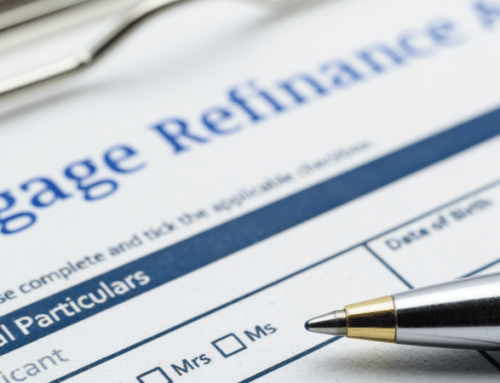Last week, Alan Greenspan kept short-term interest rates at 45 year lows. And low interest rates mean you might have one last chance to refinance your home before rates start to climb.
By the end of 2004, one mortgage industry observer told me that he thinks nearly 40 percent of all homeowners who have mortgages will have refinanced their home to take advantage of super low interest rates. What about you? Now that rates are poised to rise, are you ready to refinance?
The first decision you have to make is how quickly you’re going to sell your home. If you plan to be there for at least 4 to 5 years, it might well pay to try and refinance.
You’ll need a clean copy of your W2 from last year, which you should have handy, since your employer probably just gave you a copy for your tax return, any 1099S for outside income and perhaps a copy of your most recent tax return. You’ll also need your acount statements. Be sure to keep all of the statement’s pages, not just the first one. You’ll also need copies of any home equity loan or line of credit documentation you have.
If you have a home equity line of credit, which goes by the acronym HELOC or a home equity loan currently outstanding, you need to tell the lender that is going to do your refinance. The lender will want to know the amount of the loan, or maximum credit, interest rate and terms of the HELOC. If you have to close out the HELOC because your debt to income ratios are out of whack and the HELOC is less than two years old, be prepared to factor in the early closure fee.
What else can derail your refinance? If you recently had a credit dispute that was resolved, make sure you keep the paperwork to show the lender. Did you co-sign a loan but are not making payments to support that loan? Get your co-borrowers to provide you with 12 months of cancelled checks, review and renew your homeowners insurance policy to make sure you have at least 4 months left from the date of the refinance closing.
Finally, be prepared to write a check at the closing. Even if you’re getting a zero cost loan, you may have to pay the prepaid interest on the loan or contribute to the real estate tax escrow. Your loan officer should be able to fill you in on the details.
You shouldn’t need an attorney to do a refinance for you, but if you don’t understand what the loan officer is doing, or if you suddenly are being charged an exorbitant amount of fees or an interest rate you didn’t agree to, don’t hesitate to call the attorney who helped you close on your property to explain the documents to you.
For more information, go to www.bankrate.com (Check out interest rates for loans).
Copyright (c) 2004, WGN-TV






Leave A Comment